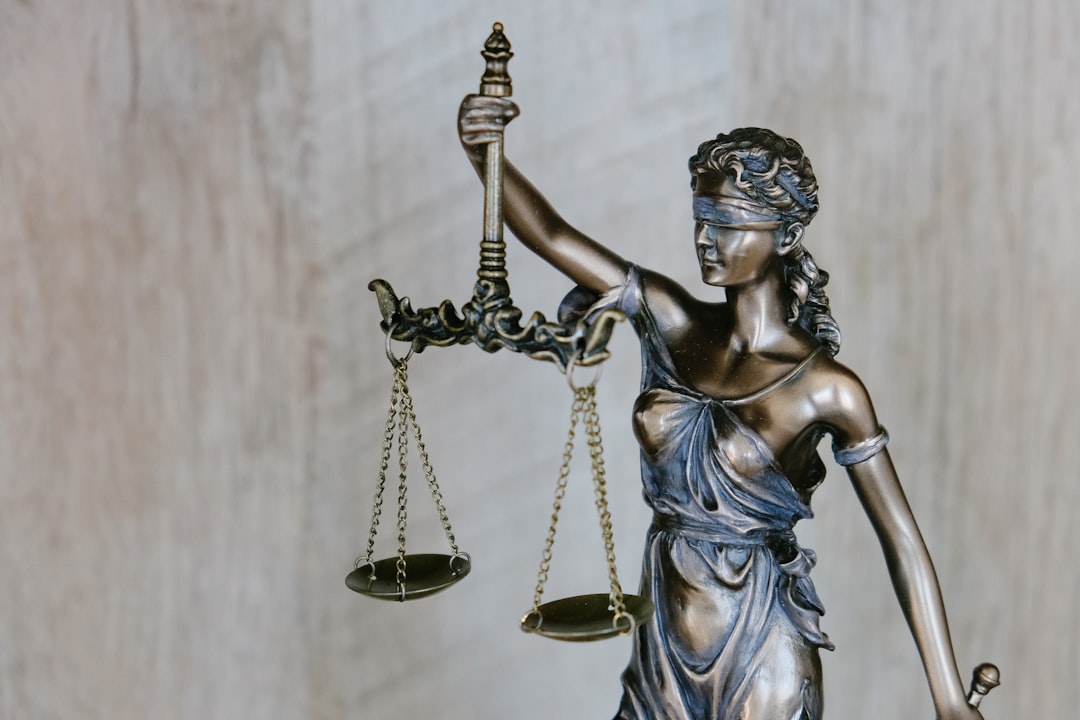South Dakota laws protect consumers from abusive debt collection practices, with penalties for violators. Debt collector lawyers specialize in these regulations, ensuring fair treatment and providing legal recourse for harassment. They help collectors adhere to rules like proper identification, debt validation, and calling restrictions, while debtors can seek counsel if rights are violated, leading to potential lawsuits and consequences for collectors.
In South Dakota, understanding the state’s debt collection rules is crucial for both debtors and debt collectors alike. This article explores the legal limits on phone harassment by debt collectors, clarifying what constitutes unacceptable collection practices. We’ll delve into the rights of debtors and the consequences for violations, offering insights that can protect you from aggressive or illegal debt collection tactics. If you’re seeking guidance from debt collector lawyers in South Dakota, this is a must-read.
Understanding South Dakota Debt Collection Laws

In South Dakota, debt collection practices are regulated by state laws designed to protect consumers from aggressive or unfair tactics. It’s crucial for both debt collectors and individuals facing debt to understand these rules. If a debt collector engages in harassing behavior, such as making repeated phone calls with intent to annoy or abuse, it could be considered a violation of South Dakota’s debt collection regulations.
Hiring debt collector lawyers in South Dakota can provide consumers with legal recourse against abusive practices. These attorneys specialize in navigating the state’s laws and ensuring that debt collectors adhere to fair and ethical standards. Understanding one’s rights under South Dakota law is essential, as it allows individuals to take appropriate action if they feel their debt collection experiences have crossed the line.
Legal Limits on Phone Harassment by Collectors

In South Dakota, debt collectors are bound by strict regulations to ensure fair and ethical practices in their attempts to retrieve outstanding debts. The state has put in place legal limits on phone harassment by collectors, aiming to protect consumers from abusive or unfair tactics. According to South Dakota debt collector lawyers, these rules prohibit collection agencies from using harassing, oppressive, or abusive language when contacting debtors. Additionally, they are restricted from calling at unreasonable times or places, such as before 8 a.m. or after 9 p.m., except in cases of emergency.
Debtors have the right to request that collectors cease communication through written notice, and collectors must honor these requests. South Dakota debt collector lawyers advise both parties to maintain detailed records of all communications to ensure compliance with these rules. Understanding and adhering to these legal limits is crucial for maintaining a peaceful and lawful debt collection process.
What Constitutes Unacceptable Collection Practices?

In South Dakota, debt collectors are bound by state laws and federal regulations that define acceptable collection practices. Unacceptable practices include any form of harassment, threats, or abusive language aimed at the debtor. This also extends to repeated phone calls with the intent to annoy or oppress, using false or misleading statements about the debt, and failing to verify the debt with the debtor before contacting them.
Debt collector lawyers in South Dakota emphasize that collectors must adhere to the Fair Debt Collection Practices Act (FDCPA) which prohibits these aggressive tactics. They must also provide proper identification when contacting debtors and mail written notice of the debt within a reasonable time after the initial contact. Debtors who feel their rights have been violated can seek legal counsel for potential lawsuits against the offending collection agencies.
Rights of Debtors and Consequences for Violations

In South Dakota, debtors have specific rights to protect them from unfair or harassing phone calls from debt collectors. Debt collection practices are regulated by state and federal laws, ensuring that collectors adhere to ethical standards. According to South Dakota law, debt collectors must identify themselves and provide validation of the debt when contacting consumers. Debtors can demand proof of the debt and request that the collector cease communication if they believe they are being harassed.
Violations of these rules by debt collector lawyers in South Dakota can lead to significant consequences. Consumers have the right to file complaints with the South Dakota Attorney General’s Office and seek legal action for any form of phone harassment. Actual or perceived violations may result in monetary damages, injunctions against the collector, and improved practices to ensure compliance with consumer protection laws.






